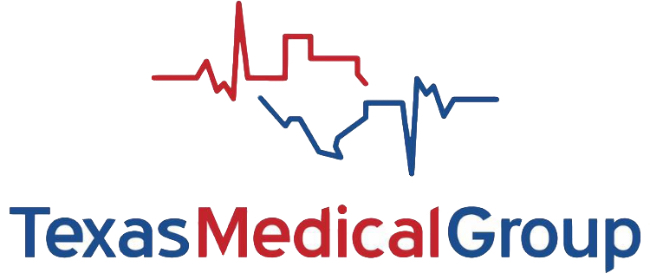
Is It the Holiday Blues or Seasonal Affective Disorder?
Holiday demands, gatherings, decorations, and other emotional and financial stressors can leave people anxious and exhausted. As such, some people experience short-term holiday blues or holiday depression. Conversely, during this time of year, others may be battling seasonal affective disorder (SAD), a form of major depression.
Individuals with a prior mental health condition may be especially prone to holiday depression. A National Alliance on Mental Illness poll revealed that more than 6 in 10 people (64%) with an existing condition say the holidays make their condition worse.
Holiday depression and SAD can be difficult to distinguish from one another, but the duration and severity of symptoms are usually the best clues:
- Holiday depression can start around November or December and lift shortly into the new year. The symptoms are typically mild and include:
- Changes in appetite, weight and sleep patterns
- Irritability
- Worry or anxiety
- Difficulty concentrating
- Feeling more tired than usual
- SAD typically occurs for 40% of the year, starting late fall or early winter and lasting until the spring or summer. Symptoms are often more severe and debilitating.
Taking Care of Yourself
If your depression symptoms seem to be short-lived and tied to the holidays, take extra care of yourself this season. Exercise regularly and drink in moderation since alcohol is a depressant. It’s also important to set realistic expectations for the holidays. Lastly, try to find time for yourself in the hustle and bustle of the season and understand it’s OK to say no to avoid overcommitting.
If your symptoms interfere with your ability to function or the holiday blues persist into the new year, it may be time to seek professional help from a health care provider. They can diagnose symptoms, discuss treatment and provide guidance.
Embracing a Digital Detox
Beyond work, people depend on technological devices for information, communication and entertainment. However, constant attachment to devices can have harmful effects on your mental health. To combat these issues, you may consider a digital detox or a disconnection from devices or social media for a defined duration.
Begin your digital detox by determining which behaviors you’d like to address and creating a plan that works for you. Try these strategies for an effective digital detox:
- Turn off notifications. Notifications are distracting and can hinder productivity.
- Use digital detox tools. Many devices have built-in tools that can silence notifications or disable apps for a certain period.
- Start your day tech-free. Instead, use the first hour of the day for activities such as exercising, spending time outside or preparing a healthy breakfast. The goal is to create a morning routine that sets a positive tone for the day and supports brain health.
- Take periodic breaks from technology. Eliminating the use of all digital devices may not be realistic, especially if you use them for work. Instead, set limits for how much time you spend on social media each day or designate certain times for phone use.
- Create gadget-free zones. To be more present in your day, designate specific areas in your home, such as the dining room and bedrooms, where gadgets are not allowed.
- Reach out for support. Family and friends can offer emotional support during your digital detox. They can hold you accountable and keep you motivated when you’re struggling to stick to your goals.
With a digital detox, you can break unhealthy habits and embrace more balanced, healthier alternatives. For further guidance, contact a mental health professional.
© 2024 Zywave, Inc. All rights reserved.

Discussion
There are no comments yet.